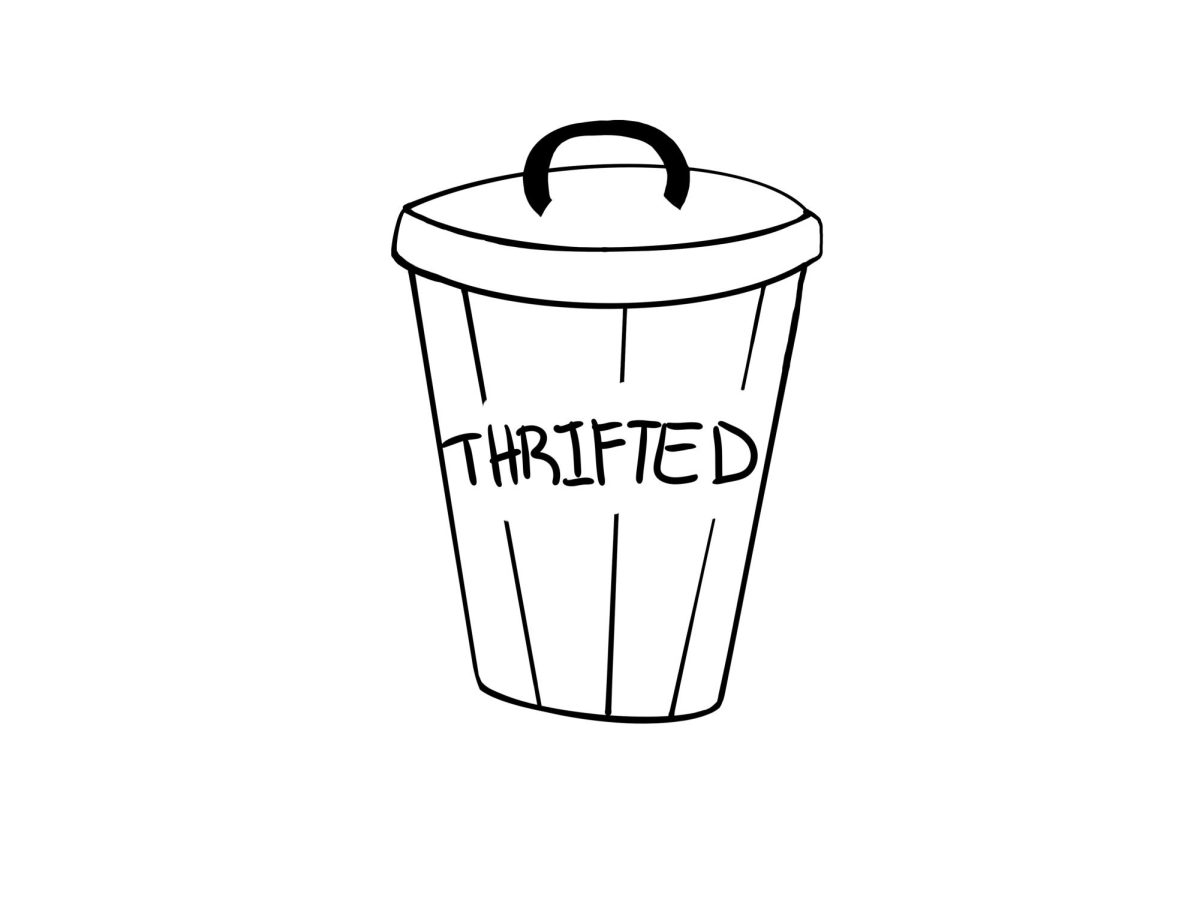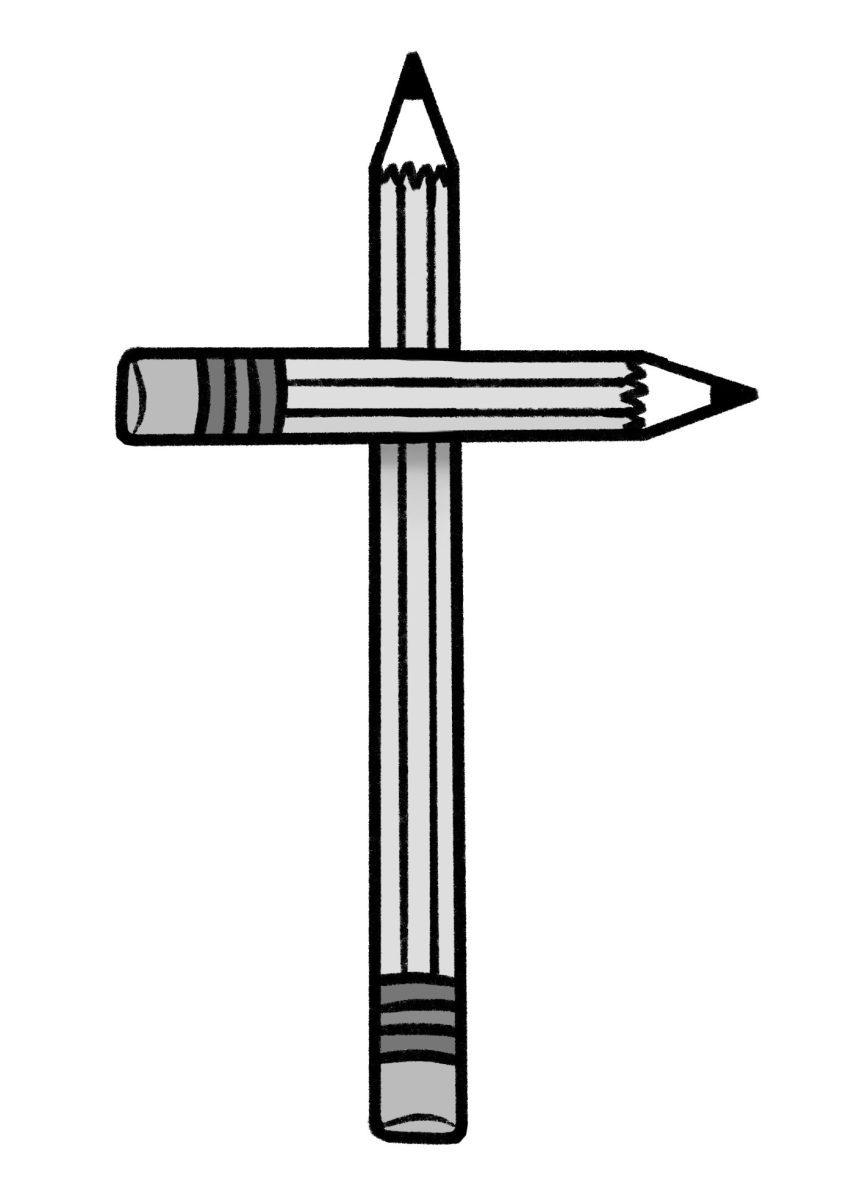Let’s enter the mind of a six-year-old. (Before we begin, I must admit it’s been over a decade since I was six, so, at the risk of insulting our large contingent of first grade readers, I’ll provide only my personal experience). Twelve years ago, at any given moment, my six-year-old self may have been contemplating:
- The unusually pungent taste of my freshest booger
- The next time I’d get to hug my mom
- The big bucket of legos waiting for me at home
That’s about it. Entirely inconsequential, yes, but that’s expected. My thoughts were simple and harmless—carefree musings of a boy who cackled at poo-poo-pee-pee jokes and spent his time exploring playgrounds or reading “The Magic Tree House.” If only all six-year-olds were as benign as I was.
For four months this year, I worked at a local makerspace, helping teach a weekly STEAM (science, technology, engineering, art and math) class for kids in kindergarten through second grade. I’m not lying when I tell you I’ve never been more frightened in my life.
The first day of class, I arrived to find one particularly boisterous monster-child screaming, “Put your hands up!” Monster-Child was grabbing another kid’s wrist, trying to aggressively shove the boy into a bathroom while bellowing generic action movie lines that no PG-watching child should know, let alone recite. At the time, though, I made nothing of it. Just normal boy stuff. I rolled my eyes and went to pacify the little guys, something I’d do countless times over the next four months.

Each week we tackled a different hands-on project; some lessons focused on harnessing wind energy and others involved vats of slime or simulations of the Magnus Effect using plastic cup contraptions. Sure, these were fairly complex topics for six-year-olds, but even if the kids had the mental capacity or the attention span to endure a ten-minute science lecture, it wouldn’t have mattered. They were truly incapable of focusing their attention on anything other than violence.
One day, we sat the kids down and asked them what they thought might cause the blades of a wind turbine to spin. The only three answers all 11 Monster-Children could muster: 1) Nitro! 2) Explosions! and 3) Big explosions! Their eyes lit up with barbaric excitement.
Our other questions (during that class and others), intended to inspire basic, yet meaningful scientific inquiry, were met with similar answers. “Blow it up!” was my personal favorite, and as I soon realized, that phrase was—in their minds—a viable answer to literally any question whatsoever. I started a little game in my head, tallying the number of times I heard the three words during the course of the program. I’ll bet those six-year-olds couldn’t count that high.
Again, I all but dismissed their alarming behavior, trying to convince myself that boys will be boys. Still, I couldn’t shake the fact that this fixation on bloodshed terrified me. Boys will be boys, but boyhood musn’t be defined by violence. Mine wasn’t. And at a time when mass shootings (97 percent of which are initiated by male shooters, according to an investigation by Statista spanning the last 36 years) permeate the news, “Blow it up!” are the last words you want to hear coming out of mouths which won’t grow facial hair for another decade.
During those four months, I would have killed (no, not actually killed) to hear just one poo-poo-pee-pee joke. Just one. Instead, I was met with a constant, unabating barrage of fantastical carnage and diction that suggested I was serving on the ground in a war-torn country, not sitting in a cushioned rolling chair in a family-friendly Marin County makerspace.
I’m not sure who or what I blame for the degradation of the collective boyhood spirit. (Admittedly, I, too, began experiencing violent tendencies: no, I didn’t imagine cutting out the boys’ vocal chords and tossing them in a blender.) Perhaps movie ratings have become too lenient, exposing children to inappropriate content intended for more mature viewers. Have omnipresent first-person shooter video games finally trickled into the hands of our youngest boys? It’s possible I’m overreacting, and this was just a small, contained problem exacerbated by the fact that the kids in our class had just spent six hours trapped in desks at school and were eager for action. Regardless, these boys seemed misguided.
I almost cracked. I wanted to tell the boys about the Sandy Hook shooting. I wanted to explain how just a little over five years ago, 20 innocent children their age had been brutally murdered when a gunman opened fire on an elementary school much like theirs. If these boys were enamored by pretend violence, they should know the repercussions of bloodshed that matters. I wanted to drain the barbaric excitement out of their eyes. They had to learn, for their good and for ours, that life is not a video game.
I never said anything, but it turns out I didn’t have to. On the last day of class, we were working with wooden skewers when one kid accidentally poked himself with a sharp tip. The poke wasn’t hard enough to draw blood (it just left one of those small, red indentations on his finger), but he came to me on the verge of tears, wincing and begging for a Band-Aid. For the rest of the class, he and the other boys were the most engaged and attentive I’d seen them. Their mouths—which seemed to (automatically) spew violent innuendos—switched to semi-automatic. They were tranquil. A comrade had fallen.
















